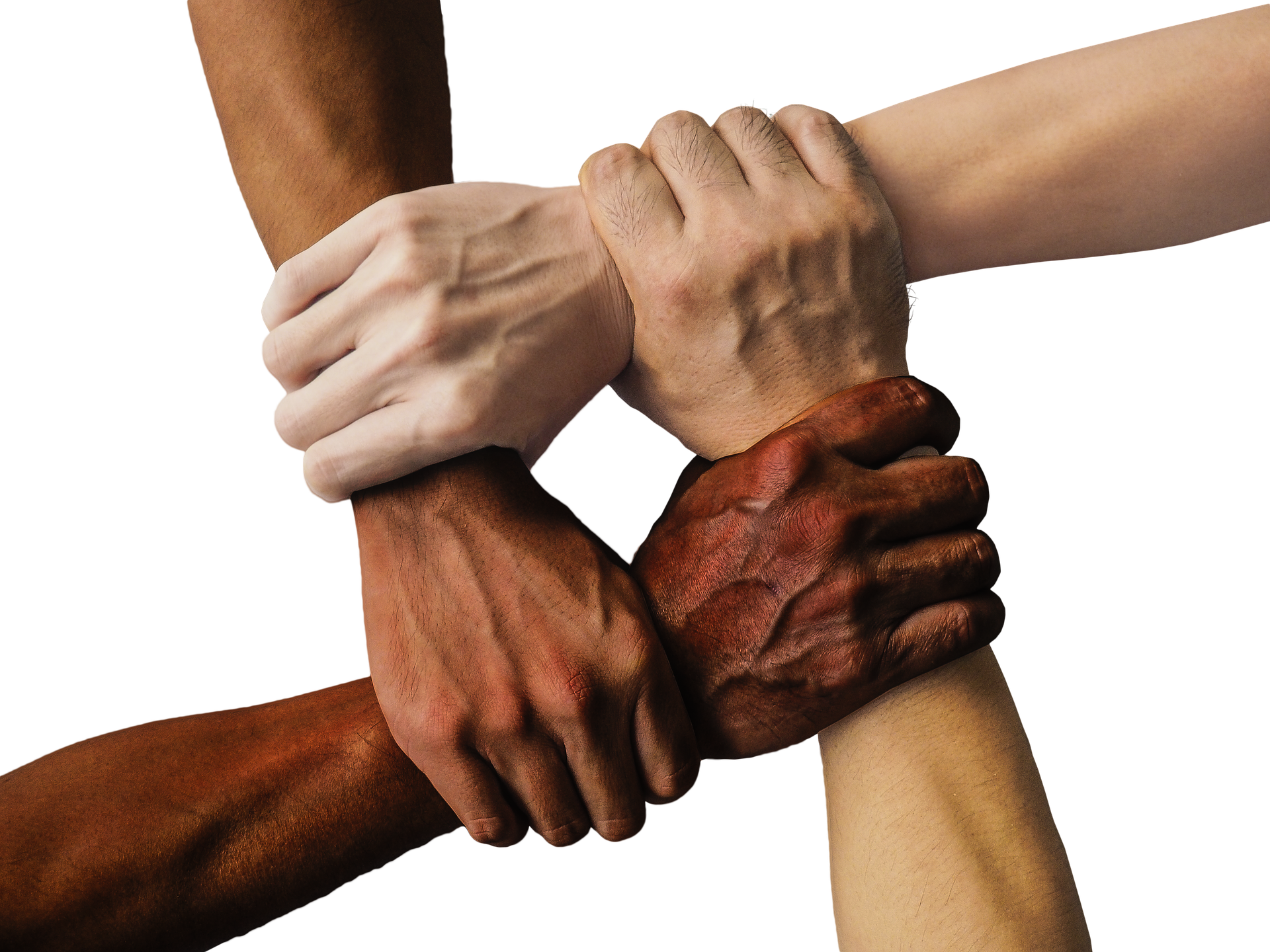 Philippe Barbe
Philippe Barbe

|
Of leaders and followersby Philippe Barbe
28 Jul 2021
|
I’ve met many “leaders” and have found that descriptor is over used. In many companies, anyone who has reports, a “manager”, is deemed to be a leader.
Leading has many different meanings according to the context.
Leadership takes special forms that are underlined by special words… “parent”, “Captain”, “Professor”, “President” which correspond to leadership conferred by nature, by function, by skills and so on.
In a hierarchical structure, subordinates are expected follow the orders of their superiors. This is how hierarchy is defined. Being subordinated to someone means that failing to execute their orders, i.e. insubordination, may result in negative consequences for the subordinates.
While a hierarchy organizes the subordination links, it does not create the relationship between leaders and followers, because it does not create leaders in the first place. All it does it creates superiors and subordinates.
On the other hand recognizing someone as a leader creates a subordination. Followers follow the leader.
Many people follow the recommendations, advice, and admonishment of celebrities and public figures such as entertainers and athletes. Not because they are part of a formal hierarchical structure, as no institutional subordination link exists whatsoever, rather they chose to follow and thus subordinate themselves.
In the workplace, leadership is tied to the institution that leaders represent.
Why do we trust the institutions we work for? Because they offer us a context in which our actions carry beyond us for the good of others.
Working for a company, our efforts result in complex products that we cannot do alone. Hence, the collaboration that takes place in the enterprise multiplies our individual effect. By accomplishing our tasks, we are contributing to make something bigger, which not only gives meaning to the task, but increases its effect by embedding it in a much larger process. The product that we build is bought by customers, satisfying their needs, and therefore does good for others.
Without a goal of doing some good, an enterprise is a place that breeds cynicism. It creates hierarchical relationship but does not create leadership.
As a consequence of this institutional trust, we start out working for superiors who have our initial trust conferred on them from our trust in the corporation. They chose us as their subordinates, trusting that we are capable of doing our assigned tasks. We keep that initial trust with our performance and lose it if we fail repeatedly.
Leaders earn and grow trust, but superiors may gain or lose trust. Those who lose trust become mediocre bosses who can only count on institutional authority to get things done. If your subordinates do not trust you, they still may obey orders because their subordination is coerced by the salary most people need; but this hierarchical “leadership” won’t get you very far!
How do we earn trust? No, not by having a drink and socializing.
We need to go back to the idea that the institution gives a context in which our actions produce results beyond us for the good of others. Leaders who take actions that strengthen that context build trust as they work to enable and empower their employees to do their tasks at ever higher levels to advance the mission of the organization.
Trust is gained by increasing the sense of meaningful purpose. This is why it is built over time.
Durable leadership empowers followers who, over time, see their actions today being multiplied and projecting further into the future for the good of others. It empower people to have a positive effect on the world, and a greater one than if they were alone.
Because our human nature is altruistic – there is an evolutionary advantage to it and to cooperation – we find this gratifying, want more of it, and acknowledge the leadership, enabling it by placing more trust in it, thus reinforcing that leadership.
In that sense, the origin of leadership lies in altruistic missions being fulfilled.